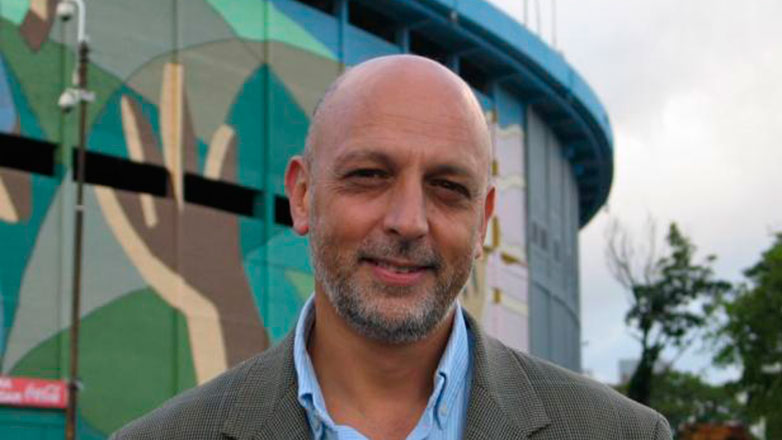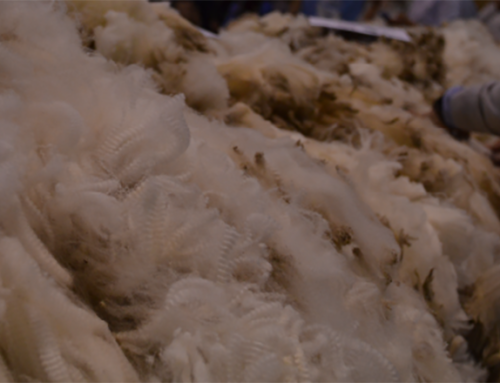The Uruguayan scientist Rafael Radi received the 2016 Mexico Science and Technology Award (Premio México de Ciencia y Tecnología), one of the most important scientific awards in Ibero-America.
This distinction granted by Mexico’s president is given since 1990 “to a person of recognized professional prestige who has made a significant contribution to universal scientific knowledge and technological advances, who has been recognized for the international impact of his contributions”.
According to the prize statement it is important that this person has create a school among researchers in institutions located in the region.
Radi received the prize because “his outstanding contributions in the area of biomedicine, particularly in the fields of research about molecular and cellular pathologies associated with oxidative stress and its extrapolation at clinical level, and also for his relevant contribution to the formation of researches in this field”.
A total of 52 Ibero-American candidates were nominated for the award. The nominations are made by the scientific, technological or academic institutions were the scientific work. The Uruguayan Universidad de la República and the Program of Development of Basic Sciences (Pedeciba) nominated Radi.
Radi is the second Uruguayan who won this award. Mathematician José Luis Massera won in 1997.
The prize has an amount of 41,000 dollars, accompanied by a medal and a diploma. After the ceremony, Radi will dictate a series of conferences in Mexican universities and in scientific and technological institutions. These activities will be coordinated with the Uruguayan embassy and with the foreign relations ministry.
This award was not the only distinction for Radi this year. In July the superior board of the University of Buenos Aires (UBA) gave Radi a Honoris Causa doctorate.
The Argentinean University highlighted his “notable trajectory”, the numerous international and national awards and his belonging to international boards of science and technology. According to UBA “the papers of Dr. Radi had an important impact in the fields of medicine, biology and biochemistry and he is in the highest level of the referenced Latin-American scientists.
Emotion
When Radi received the call announcing him as the winner of the Mexico Prize, he was moved. “It is one of the highest acknowledgments I received and one of the highest any scientist can achieve”– he said to El País newspaper.
Radi expected to be in the list among the five or six first positions. “But to be in the first place is very moving and unexpected”– he added.
Last year Radi was the first Uruguayan scientist to be included in the U. S. National Academy of Sciences. A select group of foreign scientists is recognized for they “distinguished and continuous achievement in original lines of investigation”.
Radi, professor of the Biochemistry department at the medicine faculty of the Universidad de la República (the Uruguayan public university), has published 240 works in international high impact journals like Proceedings of the National Academy of Sciences, Nature and Nature Reviews, Journal of Biological Chemistry, Journal of the American Chemical Society, Journal of Neuroscience and Chemical Research in Toxicology.
Over his 26 years of trajectory Radi had discover “biochemical routes in cells and tissues that explain phenomena of cellular death”.
These discoveries had helped to attack the problem. “It brings us tools to intervene the cells from a pharmacological and genetic standpoint, to regularize this processes and to prevent the progress of the illnesses”.
Trough the years and thanks to the experience, his department started to be a place of reference, which received researchers from all over the world to make internships with him and his work team.
The Nobel Prize, a dream not planned
After having obtained the most important regional scientific distinctions, Rafael Radi believes that the possibility of winning a Medicine Nobel Prize is “extremely low”. “It is low also for the scientists working in the World most important places” –he says.
The Uruguayan scientist says that the Nobel Prize is an event “hyper exceptional” and that he cannot have expectations to win it. But he admits that the chance “is not zero”.
Three Argentinean scientists won the Nobel Prize: César Milstein (Nobel in medicine in 1984), Bernardo Houssay (Medicine, in 1947) and Luis Leloir (Chemistry in 1970).
Also Argentina won two Nobel Peace Prizes: Carlos Saavedra Lamas in 1936 and Adolfo Pérez Esquivel (1980).
Source: El País





